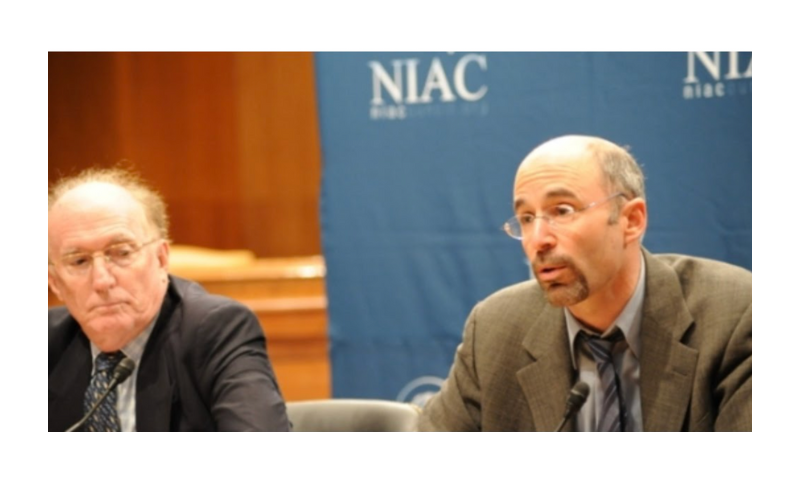Hussein Aboubakr Mansour
Emet, July 20, 2023
“Unlike what hot-headed and ill-tempered American conservative populists say, they do not hate America, and they do not work for America’s enemies, but they are merely ambivalent to what we think America represents.”
It may seem odd that a single mid-level US government bureaucrat has collected a large club of passionate critics in Washington and the capitals of its most important Middle East allies. Yet, this is exactly what Robert Malley, the current US Special Envoy to Iran, has so impressively managed to achieve, and it becomes understandable once we recognize that he, almost single-handedly, managed to fundamentally alter the course of American foreign policy in the Middle East. Despite the recent news of a possibly career-ending mishap, the end of Malley’s official career will not undo the progressive foreign policy agenda that irreversibly changes America’s position in the region.
The State Department’s recent announcement that Robert Malley, the US Special Envoy to Iran, was being put on “leave” after his security clearance was suspended due to the mishandling of classified information is not the first time Malley is forced to take a break, due to questionable dealings. As a matter of fact, in 2008, Malley was forced to resign from the campaign of then-candidate Barack Obama after it was discovered that he was talking to officials in the Islamic Resistance Movement of Hamas only to return later to the Obama administration as the senior director of the National Security Council and one of the main architects of the United States foreign policy in the Middle East.
Malley’s family history, professional record, and stated opinions that usually showed contempt for traditional US foreign policy and a bold readiness to call for new controversial approaches are the very reasons that made Malley a rising star in the liberal foreign policy establishment and a loathed figure among conservative circles. Malley was the right man in the right place at the right time to be part of the progressive turn in the American political establishment.
… [To read the full article, click here]


